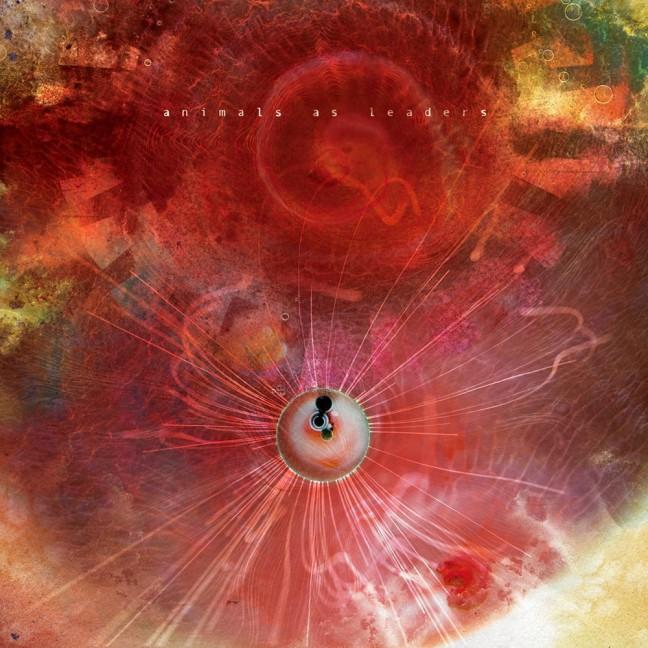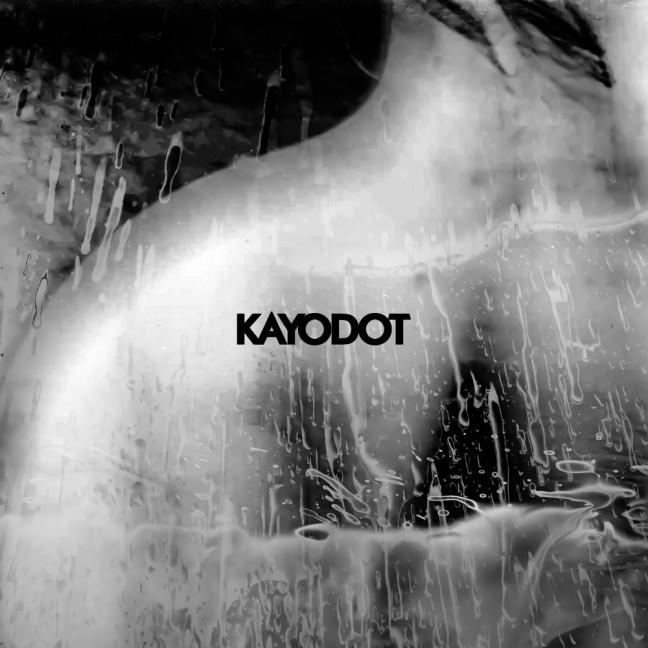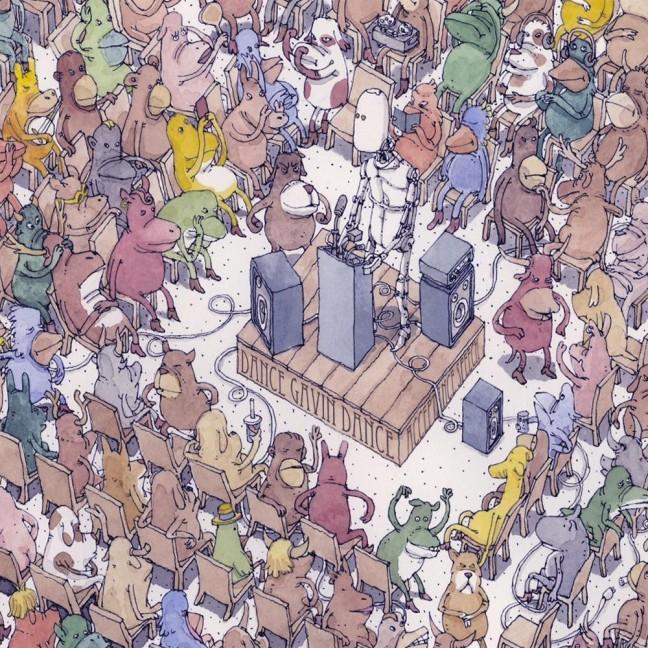“Isn’t technology wonderful”? It is no secret that technology has made many great things possible that would not have been conceivable in the past. It is also true that technology has made many of the ways and inventions of the past obsolete and antiquated. Depending on who one asks, these changes could be deemed good or bad. Still, opinions on both sides of the fence agree on one very obvious statement: technology always brings change wherever it goes, and music is no exception.
Technology has changed music in a variety of ways, both positive and negative. Again, this depends on who one asks, but one of the most recent is the emergence of quality-sounding independently released music.
Certainly artists have been creating music in their bedrooms for time immemorial, but only until relatively recently has the quality of this music become incredibly close to, or in rare cases, perfectly equal to that which is being put out by labels both major and minor. This new method of recording is, without a shadow of a doubt, caused by the advancement and availability of home recording technology, and it is happening in many different genres.
Naturally, genres that are less mainstream are more likely to have a burgeoning independent recording and releasing population. A less profitable genre such as metal or dubstep will have a greater number of unsigned artists producing music in their bedrooms, so to speak, because the smaller labels found in genres outside what is popular simply do not have the capital to finance every new up-and-coming artist. This does not mean that there are no quality “barnyard” (sorry, the opportunity was irresistible) country artists, and it obviously does not count out the already very DIY ethos of punk and indie bands or the purposefully less-than-stellar production of so-called “troo” or “kvlt” black metal bands. Instead of following in Marty McFly’s footsteps and recording a poorly produced mixtape with questionable audio quality, unsigned artists have been taking advantage of professional studio tools that continue to be more and more affordable.
Quality home recording requires only a very bare-bones setup, though one can go as far (and, consequently, as expensive) as one desires in order to get the sound and quality he or she is looking for. For some, the process both begins and ends with a digital audio workstation (DAW) program.
There are many excellent options out there, all within a reasonable price range. The cheapest (for Mac users) is GarageBand, which comes preloaded on every new Apple computer. GarageBand is decent for creating techno and other computer generated music and can even process vocals on a more or less average level. It is also compatible with instruments such as a keyboard via MIDI adaptors. Still, GarageBand is very entry level, and Apple’s higher end option, Logic, is much more widely used in high-quality audio recording. Many professional studios use this masterful and relatively intuitive tool.
Cubase is another combatant in the DAW arena and has been praised for its easy-to-use interface. But perhaps the most lauded of all upper echelon DAWs is the aptly named Pro Tools. This program is immensely powerful and has an outrageous amount of options. Its power comes at a price, however: Pro Tools is quite possibly the least user-friendly of all the DAWs mentioned here.
Unfortunately, using Logic, or any of the more advanced DAWs requires an external audio interface, which accepts and processes microphones, guitars, and other instruments. The M-Audio Fast Track Pro and the Fractal Audio Axe-FX II are some of the most popular in the current market. The Fast Track is simple, inexpensive, and pumps out music in very little time. Fractal’s product, on the other hand, is the polar opposite, demanding a cool $2100 (after a proprietary waiting period), and can take nearly as long to learn as a new instrument.
If making guitar-based music is what one loves, saving up for this beast – that is, Fast Track – is the best way to go. The right combinations of the gear that one finds best can easily produce studio-quality music after getting over the learning curve of production and mastering. Just look at the band that pulled this sort of recording into the mainstream: Periphery.
Periphery is a djent/progressive metal band that was started by one man in his bedroom. Misha Mansoor originally wrote all the music himself, programmed the drums via Toontrack’s Superior Drummer (a drum simulator), and recorded his first demos with some of the tools mentioned above (specifically Fractal’s amazing Axe-FX). Fast forward a few years and they are a very popular metal band signed to one of the premier metal labels, Sumerian.
Unlike most label deals, however, Periphery has full rights to their songs and uses Sumerian simply as a promoter and distributor, rather than a label that is financing production, mastering, etc. They are allowed such a sweet deal because after moving out of the proverbial bedroom, they still do all of their recording, producing, and mastering of the music themselves. They are one of, if not the first bands to do this and are hopefully a harbinger for a new age without ludicrous label deals that take advantage of the musicians putting all of the work into making the music (but that is another story for another day).
Technology has made the average musician able to self-produce their own music without the need for a fancy studio, a strict studio schedule and an overbearing label. Sure, there is certainly a steep down payment for the best-of-the-best in home recording technology, but once that initial investment is made, anyone can be ready to put their music out into the world, and thanks to sites like Bandcamp, they can make money almost immediately (given that they put out a quality product). Perhaps the future holds a world without corrupt, money-hungry labels, or, (gasp!), no labels at all.
Regen McCracken is a junior at UW who intends to major in English. He has a love for video games, metal, jazz and all things that make one think. He also writes and performs his own music while not writing these ever-interesting columns or studying himself to sleep.



















